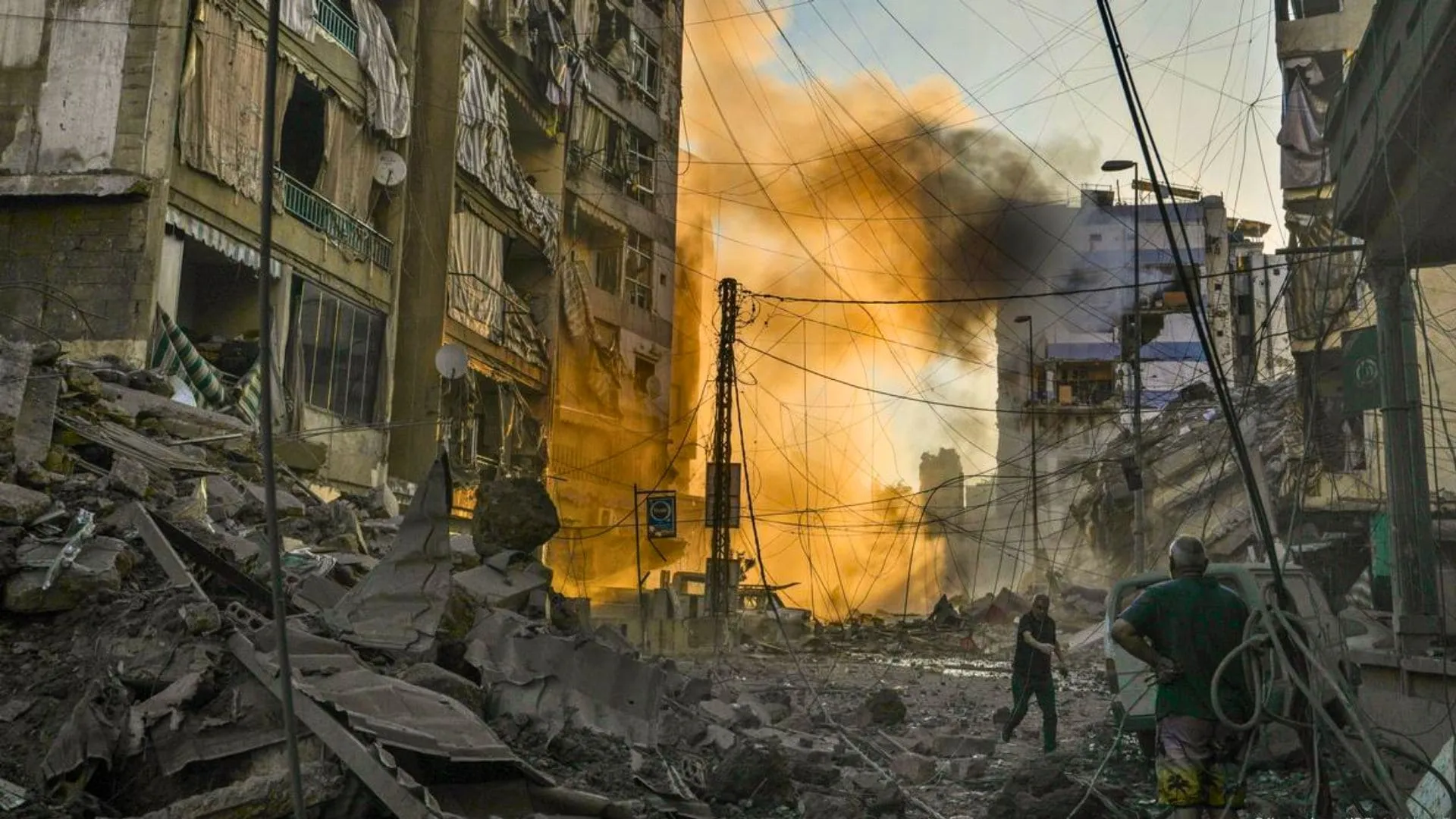In a heated buildup of hostilities, Israel staged its first bombing of Beirut in four months. The bombing was in retaliation for rocket fire into Israel, the second such incident in the past week. Lebanese PM Nawaf Salam strongly denounced the rockets as an attack on national security and instructed the Lebanese army to immediately capture the culprits. As the specter of a total war looms over Lebanon, the urgent question is: will the country’s delicate peace endure this current escalation?
Israel’s Airstrike Shatters Months of Tense Calm
Israel’s bombing of Beirut marks a major turning point in the fragile peace that had held since the November ceasefire between Israel and Hezbollah. The first few months following the ceasefire saw a strained but cautious calm. However, the recent airstrike on Beirut indicates that this equilibrium is crumbling. Hezbollah, a powerful militant group with substantial control over southern Lebanon, has been a key player in the region’s instability for years. The group’s involvement in rocket fire against Israel only exacerbates fears of a full-scale conflict.
The recent rocket strikes from Lebanon into Israel have raised alarms both in Israel and abroad, signaling that tensions could easily escalate into a much wider war. While Hezbollah’s direct involvement in the attacks remains unconfirmed, its influence over the southern region of Lebanon makes it a likely suspect. The situation in Lebanon is particularly sensitive given the country’s ongoing political and economic crises. The fragile peace that Lebanon has managed to maintain since the ceasefire is now under severe threat.
Prime Minister Salam’s call for immediate action against the perpetrators underscores Lebanon’s growing concern over its national security. The Lebanese armed forces have been urged to act swiftly to prevent further escalation. Lebanon, already grappling with internal unrest, cannot afford another full-scale war with Israel. The pressure on the Lebanese government to address these provocations is mounting, as public anxiety about the future of the country continues to rise.
Is a Broader Conflict Imminent?
The central question now is whether this airstrike is a precursor to a broader conflict between Hezbollah and Israel, or if it will remain a contained incident. Hezbollah’s role in the rocket fire is still unclear, but both sides are on high alert. Israel’s response, viewed as an attempt to reassert deterrence, has the potential to provoke further military escalation. This move could provoke Hezbollah to retaliate, further destabilizing the region.
Lebanon stands at a critical crossroads. With tensions at a high point, the actions of the Lebanese government and the international community will be decisive. Whether Lebanon’s fragile peace can endure will depend on the diplomatic efforts and strategic decisions made in the coming days. The world is watching closely as Lebanon teeters on the brink of further conflict.






















